Driving habits vary across the country, but some states consistently rank at the bottom for road safety. Factors like accidents, DUIs, speeding tickets, and insurance claims paint a picture of which states have the worst drivers. Here’s a closer look at 19 states where driving is anything but smooth sailing.
Florida
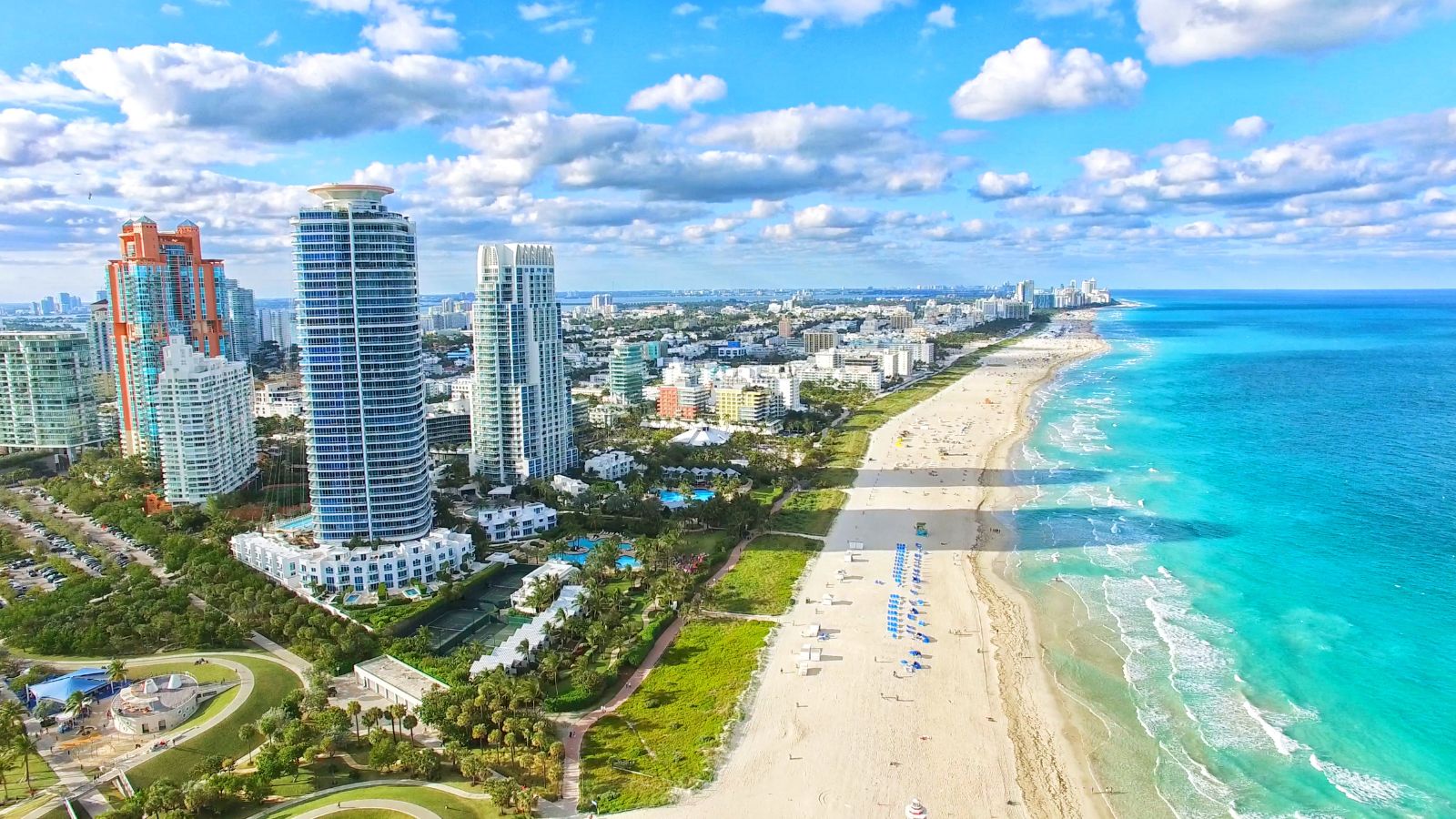
Florida is well-known for its beaches and theme parks, but its roads tell a different story. The state regularly ranks high in accidents, with studies pointing to a large number of uninsured drivers making matters worse. Heavy tourism creates a mix of out-of-state drivers unfamiliar with local roads, adding to the chaos.
Combine that with frequent cases of road rage and distracted driving, and it’s clear why Florida earns its bad driving reputation.
California
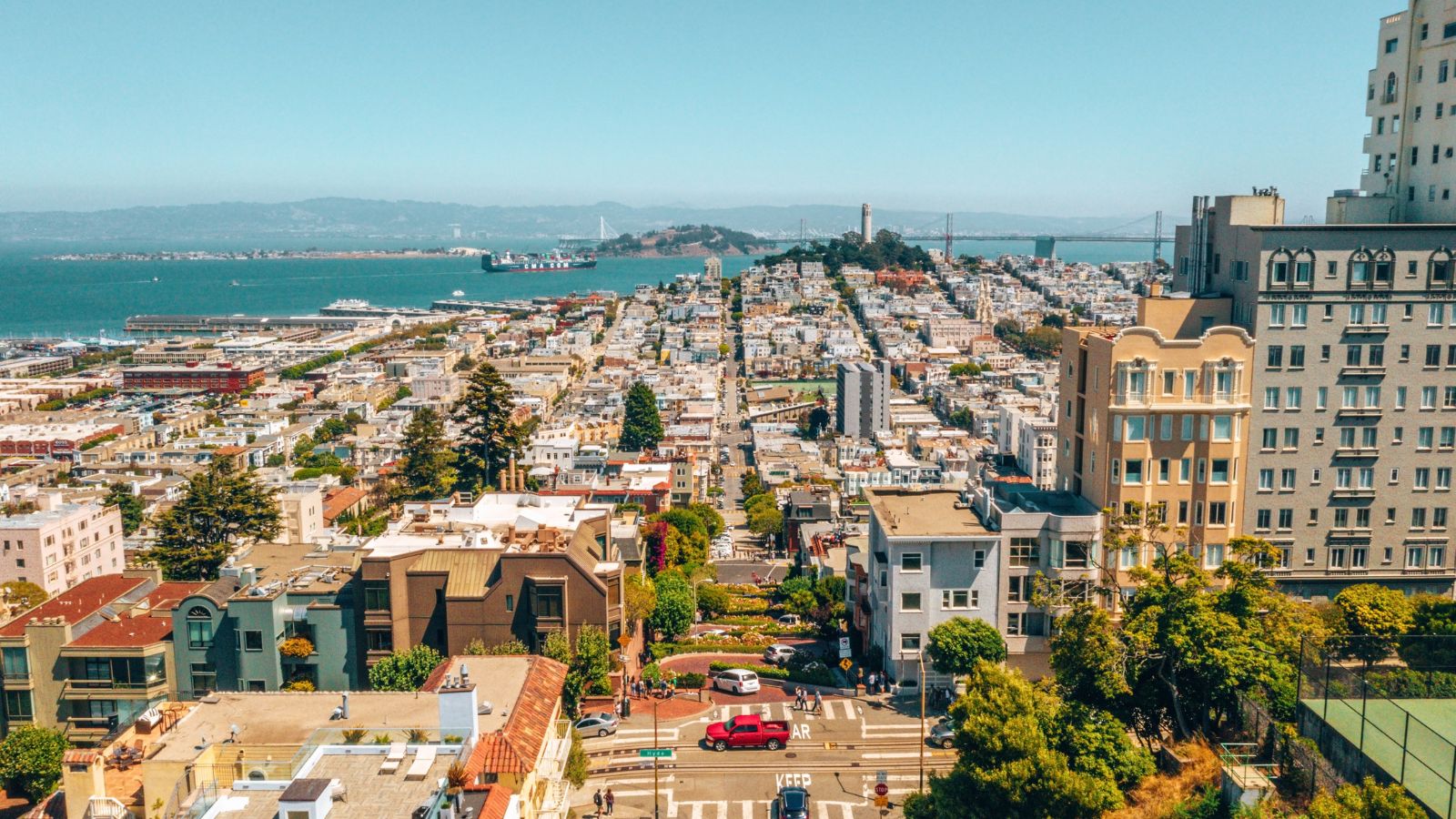
The Golden State isn’t just known for its sprawling freeways—it’s also infamous for dangerous driving habits. California sees some of the highest rates of DUIs and speeding-related accidents in the nation. Add in notoriously congested traffic in cities like Los Angeles and San Francisco, and it’s no surprise that fender benders are a daily occurrence.
Texas
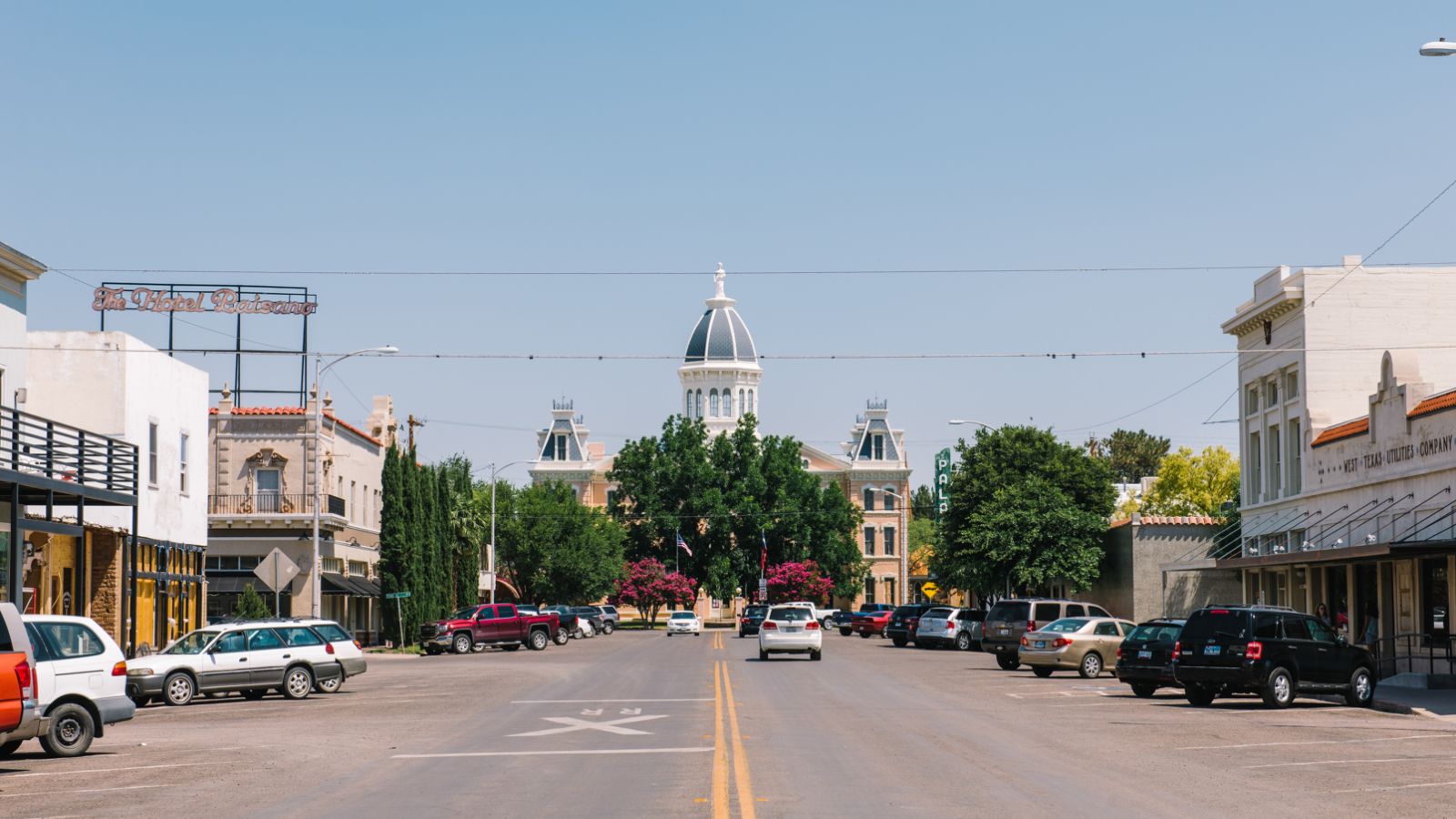
With its vast size and endless highways, Texas faces unique driving challenges. The state has one of the highest road fatality rates in the country, often linked to speeding and reckless behavior. Rural roads, where emergency response times can be slower, are particularly hazardous.
Louisiana
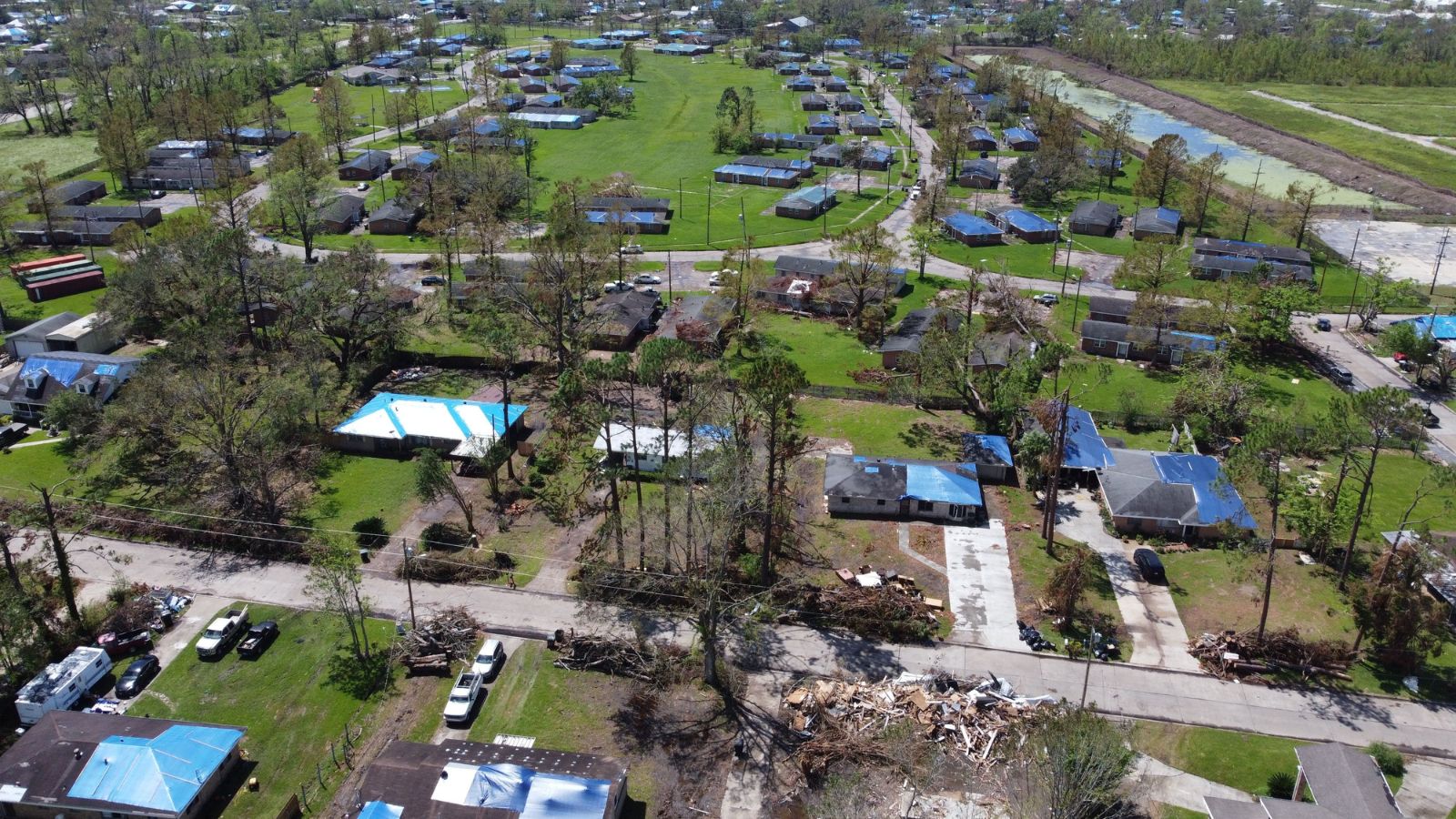
Road conditions in Louisiana add an extra layer of difficulty for drivers. Many of the state’s roads are poorly maintained, with potholes and uneven surfaces contributing to accidents. Frequent storms and flooding also create hazardous conditions. Studies show that Louisiana has a high rate of DUIs, which, when paired with these factors, makes the state one of the most dangerous for drivers and pedestrians alike.
Mississippi
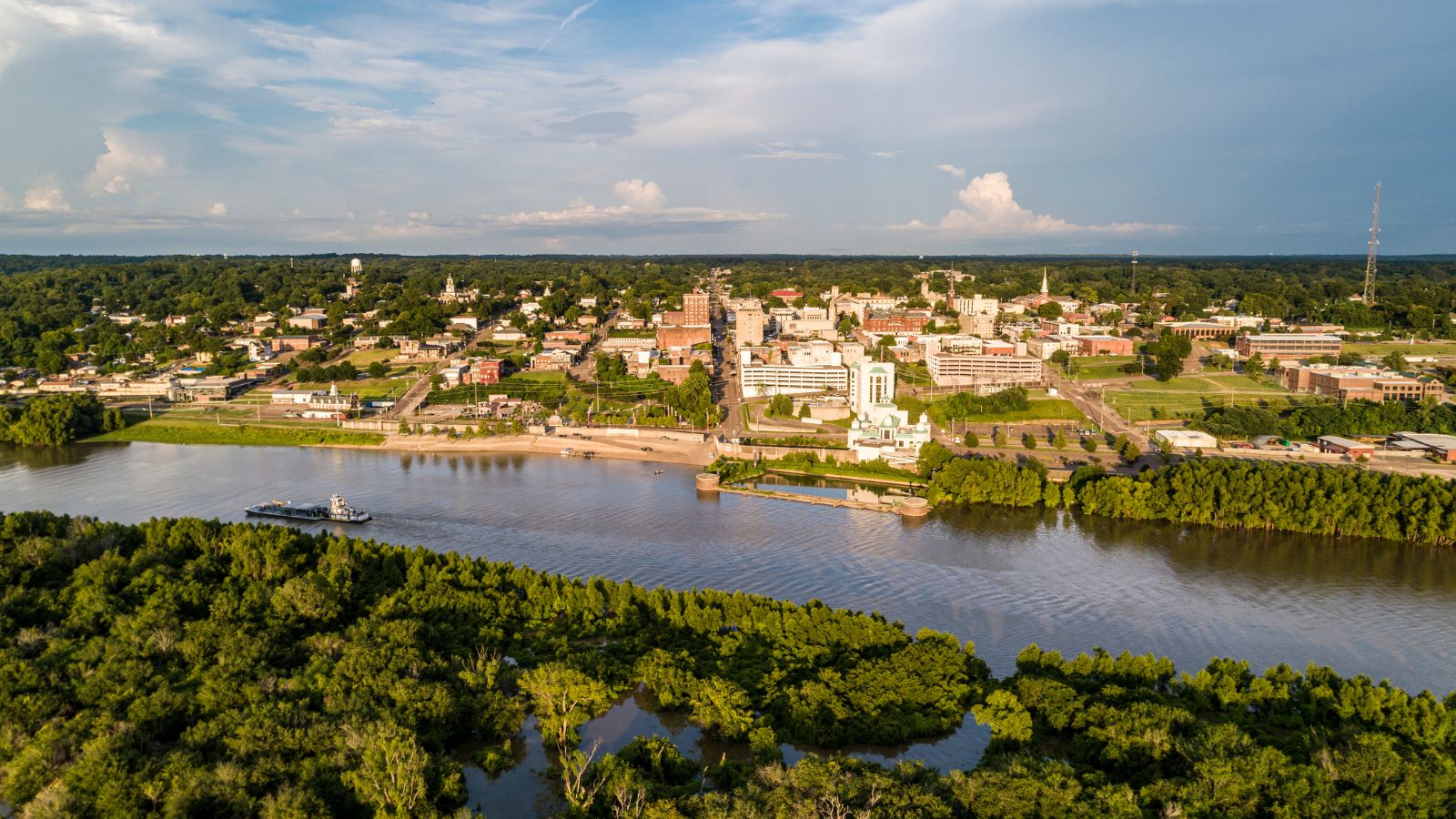
Did you know Mississippi has one of the highest rates of fatal car accidents in the country? Many crashes occur on back roads, which are often poorly lit and lack clear signage. Failing to wear seatbelts and high rates of drunk driving contribute to these grim statistics.
Distracted drivers is also a significant issue, with texting behind the wheel leading to serious consequences.
Georgia
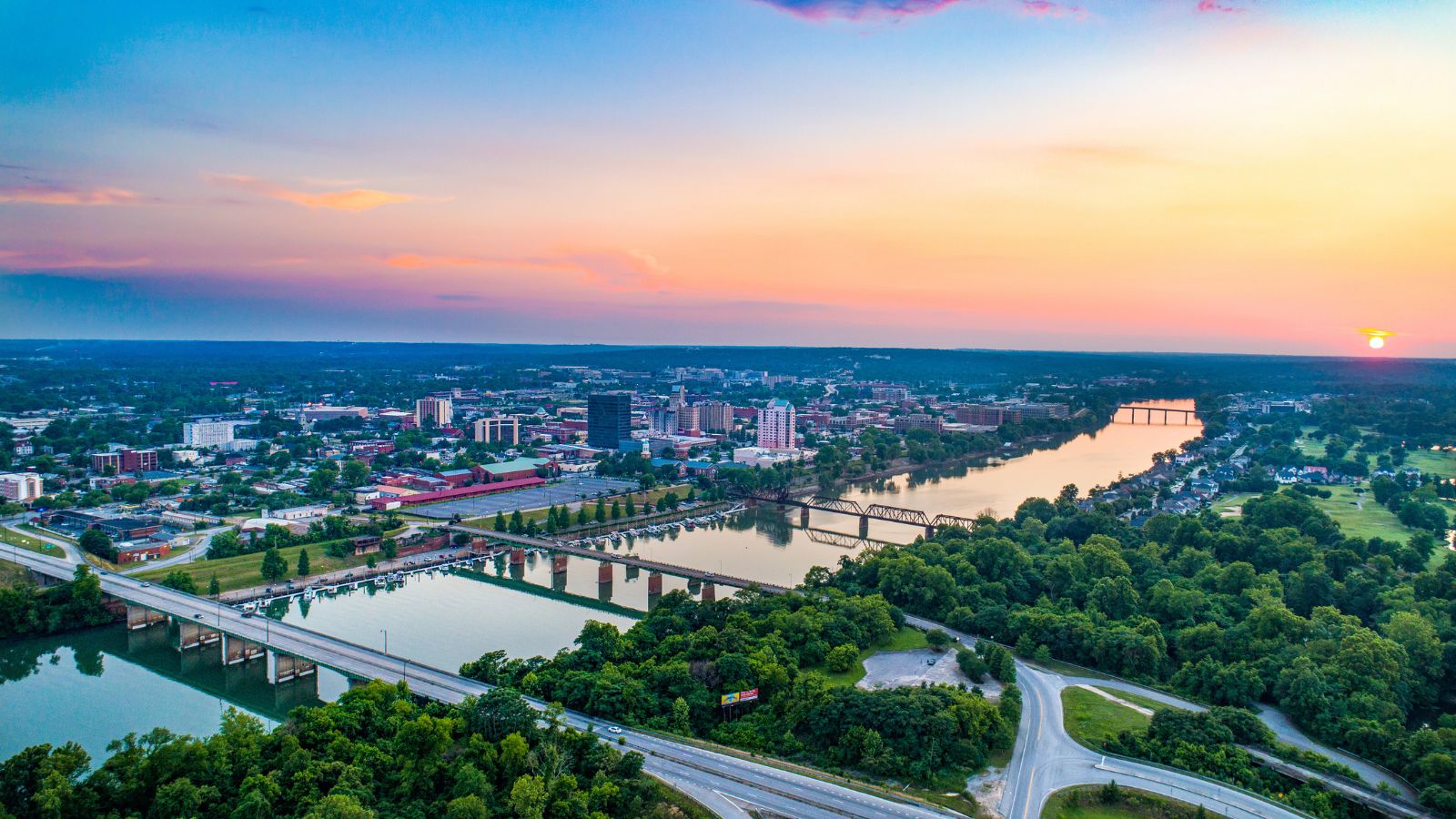
Interstate 285 in Atlanta has been labeled one of the most dangerous highways in the U.S., and Georgia’s roadways reflect this reputation. Congestion and aggressive drivers create hazardous conditions, particularly during rush hour. Speeding, tailgating, and reckless lane changes are common problems. Adding to the risk is an increasing number of DUI arrests in the state, highlighting concerns about impaired driving.
South Carolina
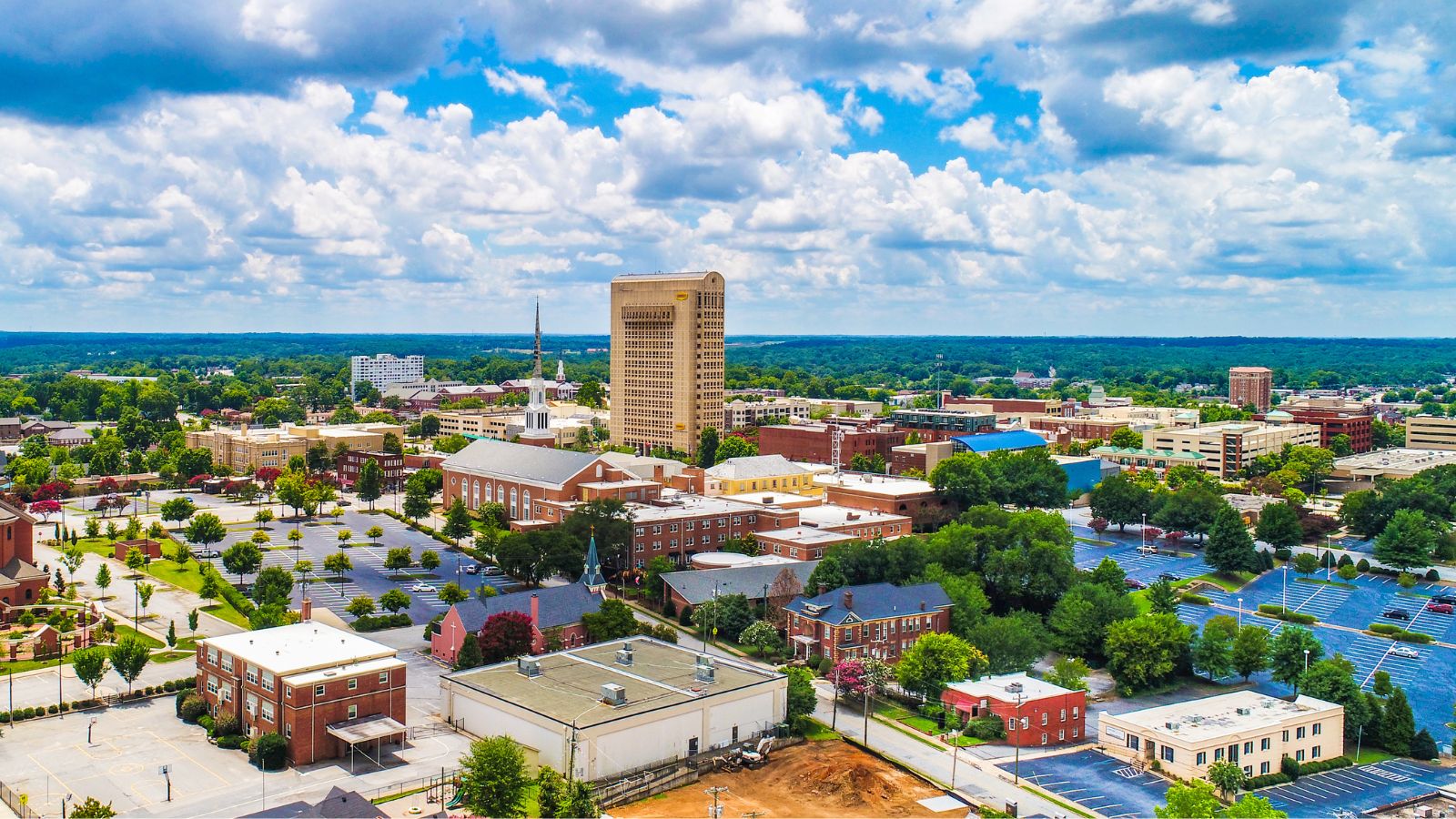
South Carolina consistently ranks poorly for road safety, with one of the highest per-capita fatality rates in the U.S. Many drivers fail to buckle up, and speeding is a leading cause of deadly accidents.
Rural highways, where emergency services are often slower to respond, see a disproportionate share of these crashes. Even in urban areas, reckless driving behaviors such as running red lights or failing to yield create dangerous situations for everyone on the road.
Alabama
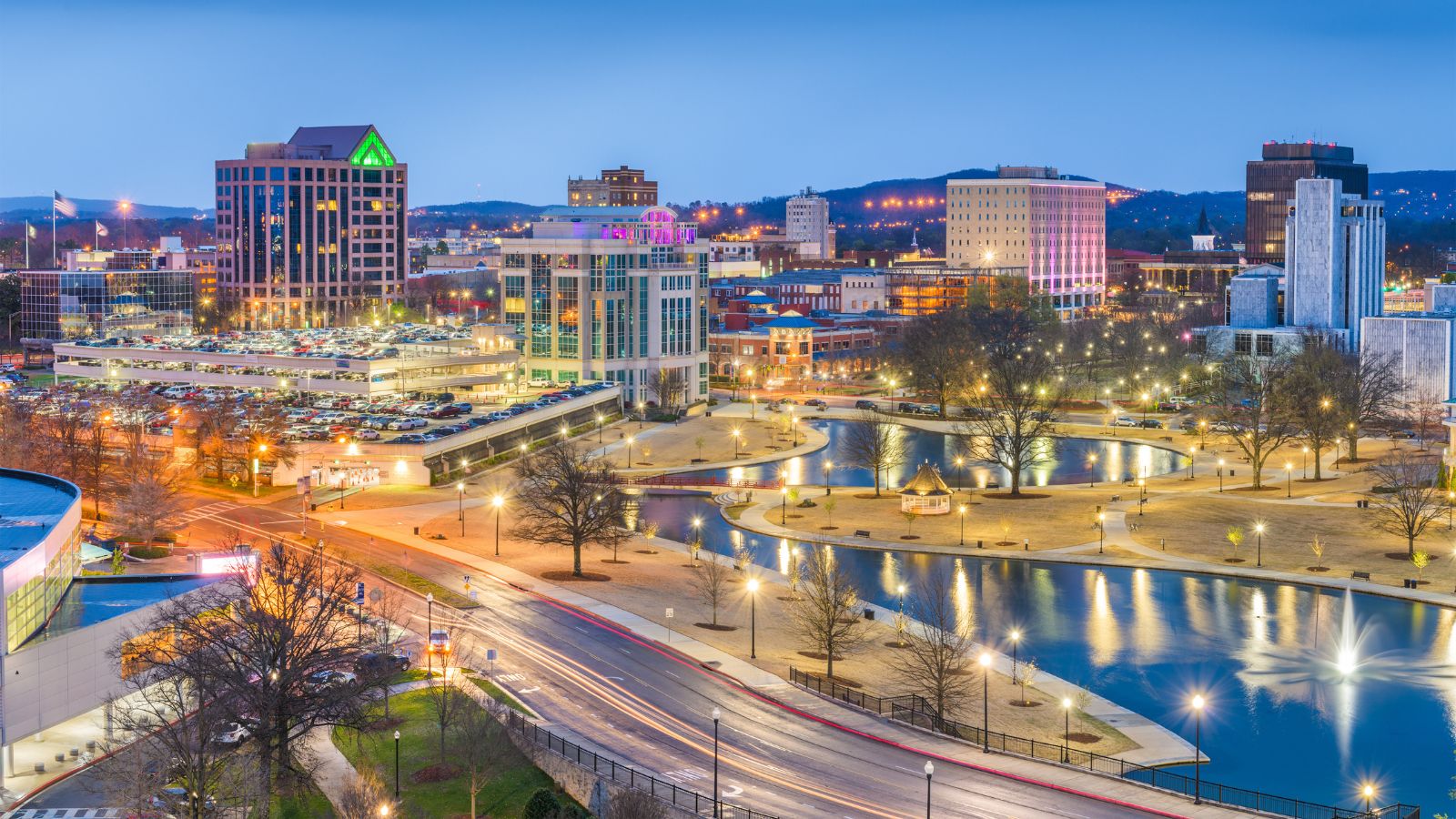
Traffic accidents in Alabama often make headlines for their severity. The state has a troubling mix of speeding, impaired driving, and poor road conditions. Highways and interstates frequently see crashes caused by drivers not paying attention and doing other things. With limited public transportation options, most people rely on personal vehicles, increasing the number of drivers and the likelihood of accidents.
Tennessee
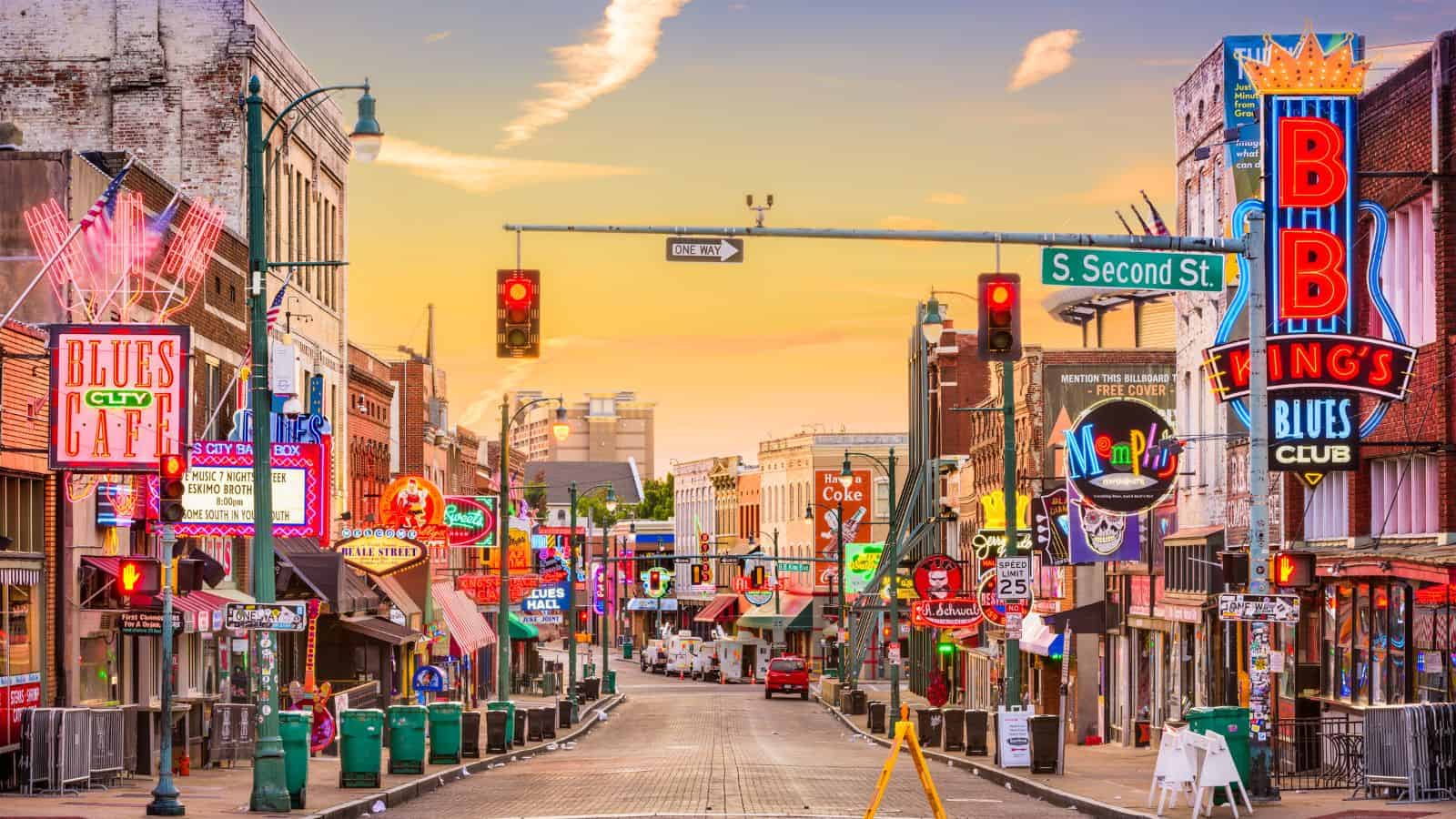
Driving in Tennessee can be a challenge, thanks to its mix of urban sprawl and mountainous roads. Winding routes in lower populated areas often lead to accidents, especially for drivers unfamiliar with the terrain. In cities like Nashville and Memphis, aggressive driving habits like tailgating and sudden lane changes are common. D and impaired driving are also significant contributors to the state’s high accident rate, making Tennessee one of the riskier states for drivers.
Missouri
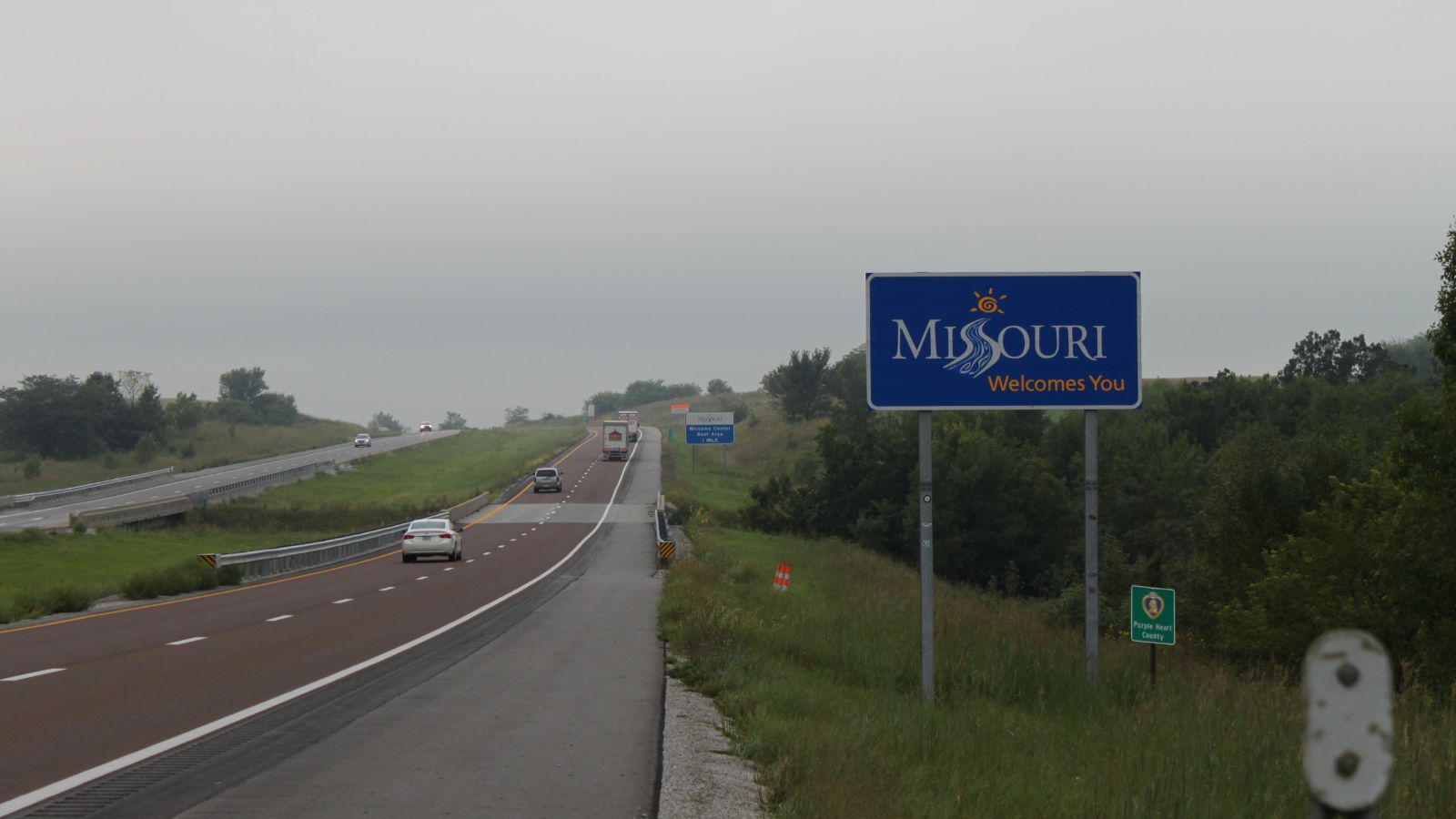
Missouri’s highways, especially I-70 and I-44, are hotspots for accidents. The state sees a high number of crashes linked to speeding and unsafe driving behavior. Rural places, where roads are less maintained and often lack proper lighting, are particularly dangerous. Studies show that
Missouri also has a growing issue with drunk driving, adding to the risks. Despite these challenges, there’s limited awareness about the importance of defensive driving among many residents.
Arkansas
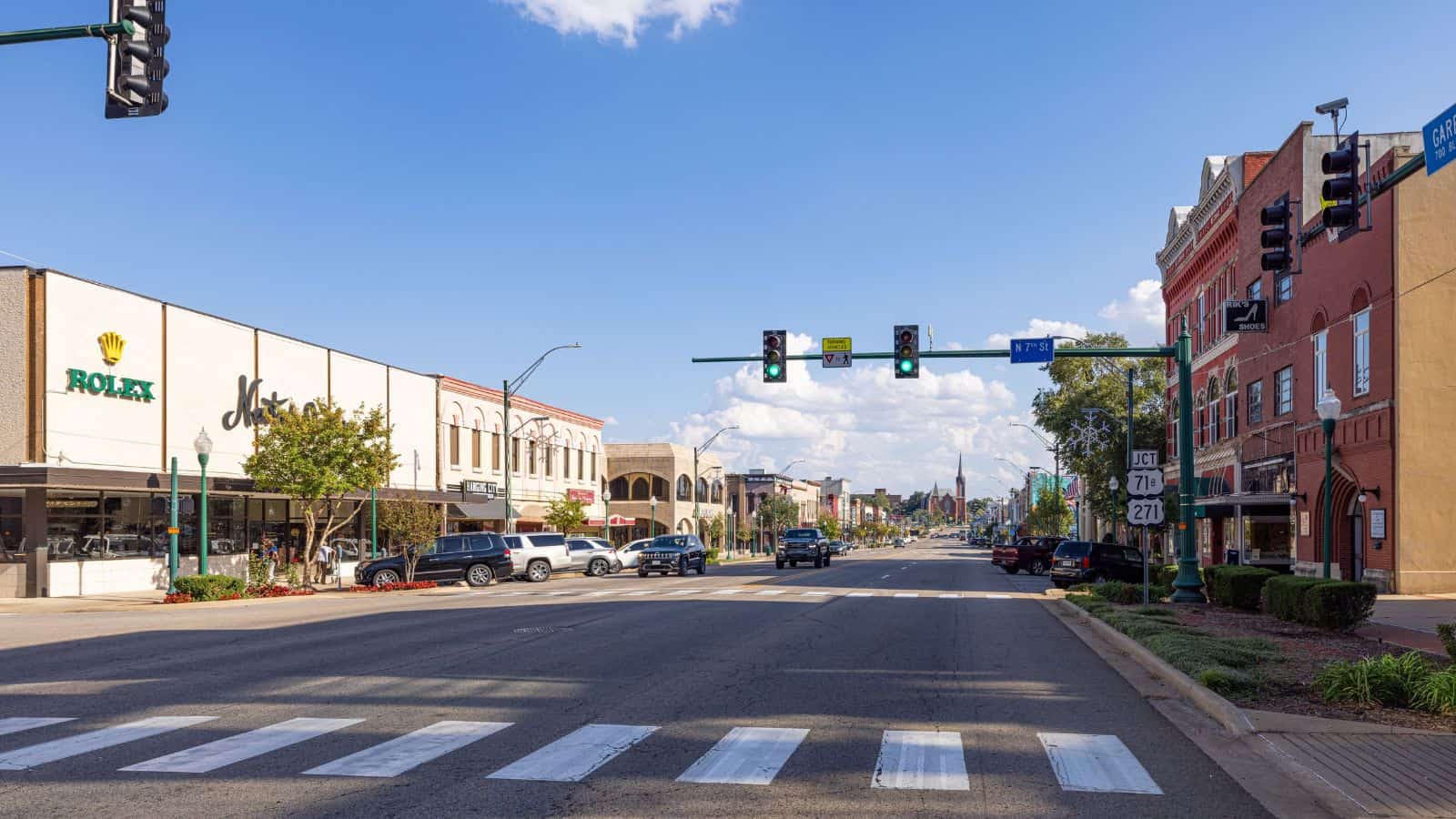
In Arkansas, dangerous driving habits are a frequent concern for residents. Quiet roads see a significant number of accidents due to poor infrastructure and limited visibility. Speeding and failure to yield are common issues, particularly at intersections. Distracted driving, like texting or talking on the phone, also contributes to the high accident rate.
Oklahoma
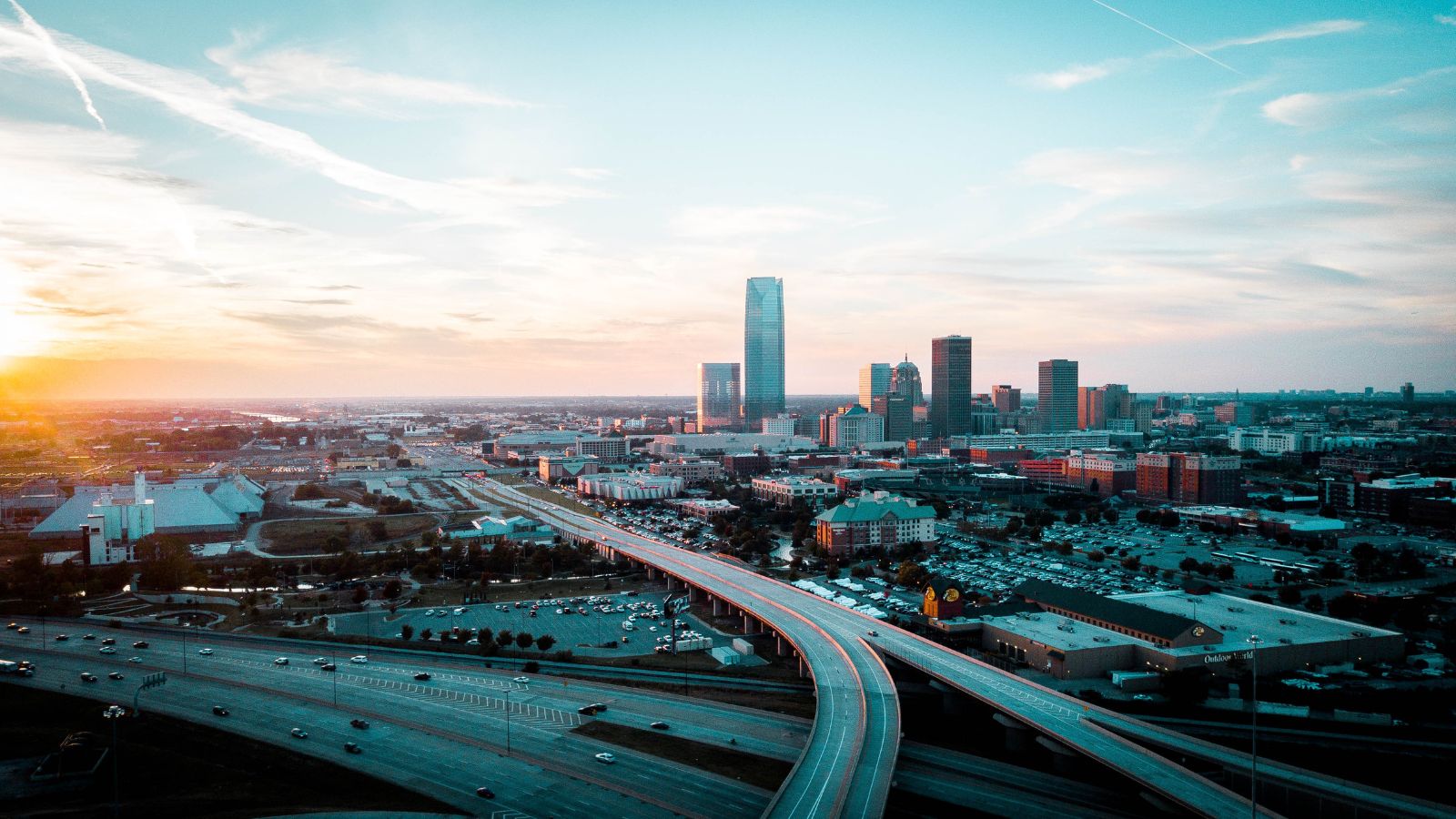
Oklahoma ranks high for road fatalities, with many accidents involving speeding or impaired driving. Long stretches of open highway encourage reckless behaviors, such as driving above the speed limit. In urban areas, tailgating and failure to signal are frequent problems.
Unfocused driving is another significant issue, with studies pointing to texting and phone use as major causes of crashes. These factors make driving in Oklahoma a risky experience for locals and visitors alike.
Nevada

Nevada may be famous for its entertainment, but its roads are among the most dangerous in the U.S. Las Vegas, in particular, sees a high number of accidents due to heavy traffic and impaired driving. Speeding is another big problem, especially on the open highways leading out of the city. Tourists unfamiliar with local roads often add to the chaos, causing accidents at intersections or while merging.
Arizona
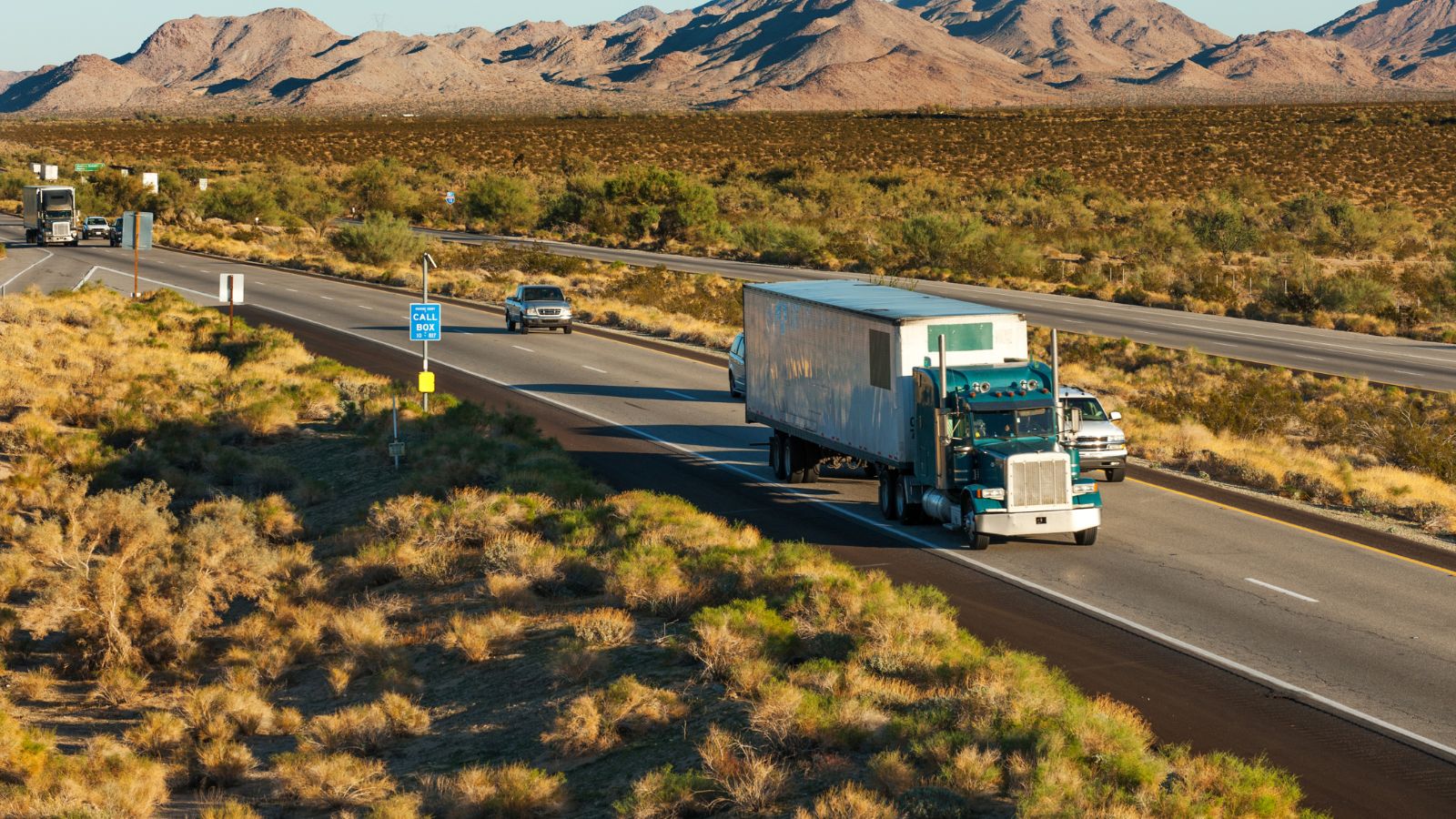
Open roads and long stretches of desert make Arizona a prime location for speeding, one of the leading causes of accidents in the state. Urban areas like Phoenix and Tucson aren’t much safer, with Preoccupied driving and aggressive behaviors frequently reported. Drunk driving is another major concern, with many crashes involving impaired drivers. Poor road conditions in some areas also contribute to accidents, making Arizona a challenging state for drivers to navigate safely.
Kentucky
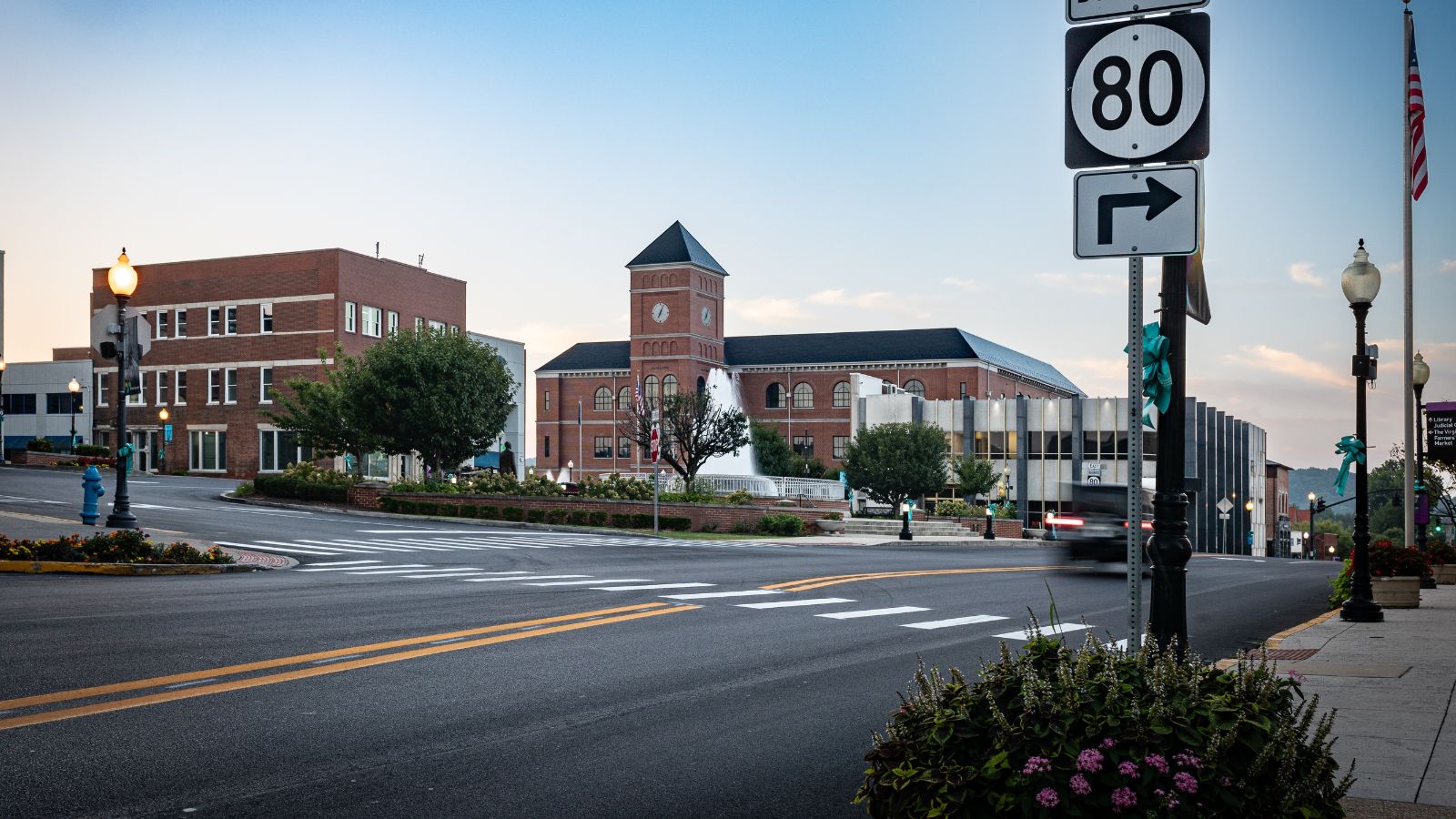
Rural roads in Kentucky are known for their dangers, with poor lighting and narrow lanes leading to a high number of accidents. In cities like Louisville, traffic congestion and speeding create hazardous conditions for drivers and pedestrians. Distracted driving, especially texting, is a frequent cause of collisions across the state. Poor enforcement of seatbelt laws has also contributed to more severe injuries in crashes.
Michigan
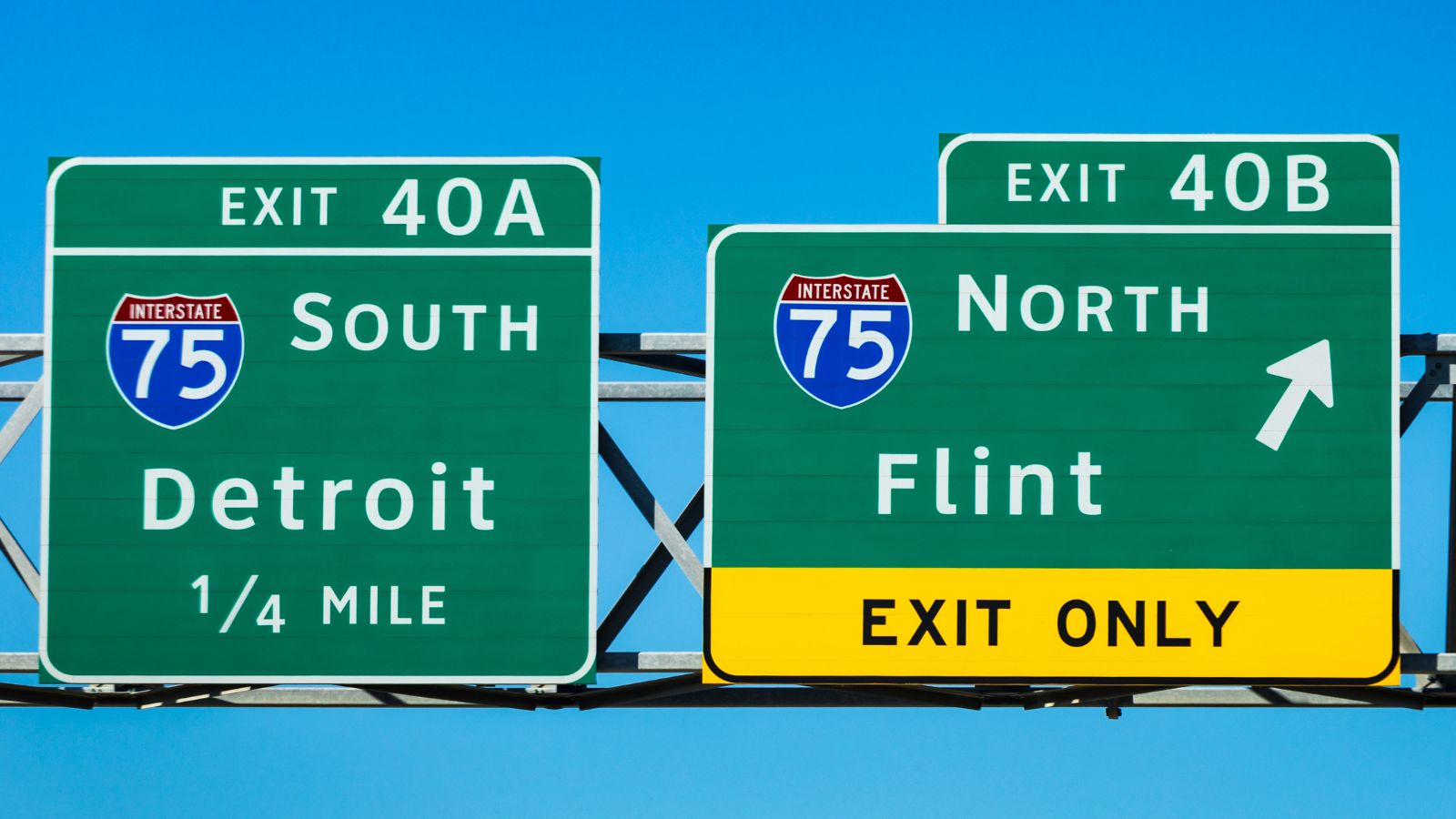
Winter driving in Michigan is a serious challenge, with icy roads and heavy snowfall causing numerous accidents each year. Outside of winter, highways like I-75 remain hotspots for crashes due to aggressive driving and frequent speeding. Many roads suffer from poor maintenance, with potholes and uneven surfaces adding to the risk of accidents.
Reckless driving, particularly from phone use, has become an increasingly common issue across the state. These factors make Michigan one of the most dangerous states for drivers to navigate.
North Carolina
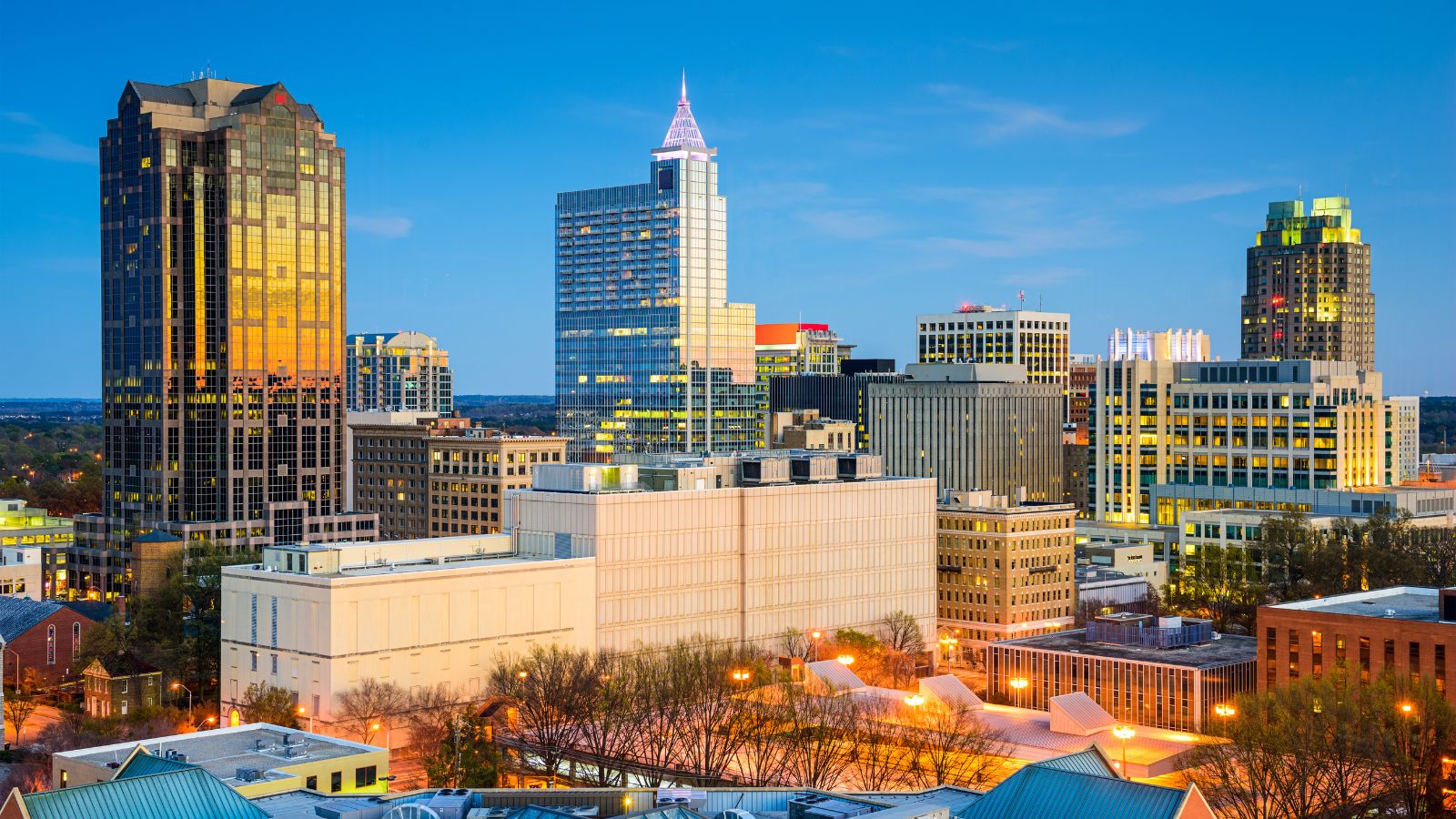
North Carolina’s winding backroads and steep mountain passes are notorious for accidents, particularly during bad weather. Urban areas like Charlotte and Raleigh aren’t much better, with frequent issues such as speeding, tailgating, and failure to yield at intersections. Studies show distracted driving, including texting, is a leading cause of crashes statewide.
Pennsylvania
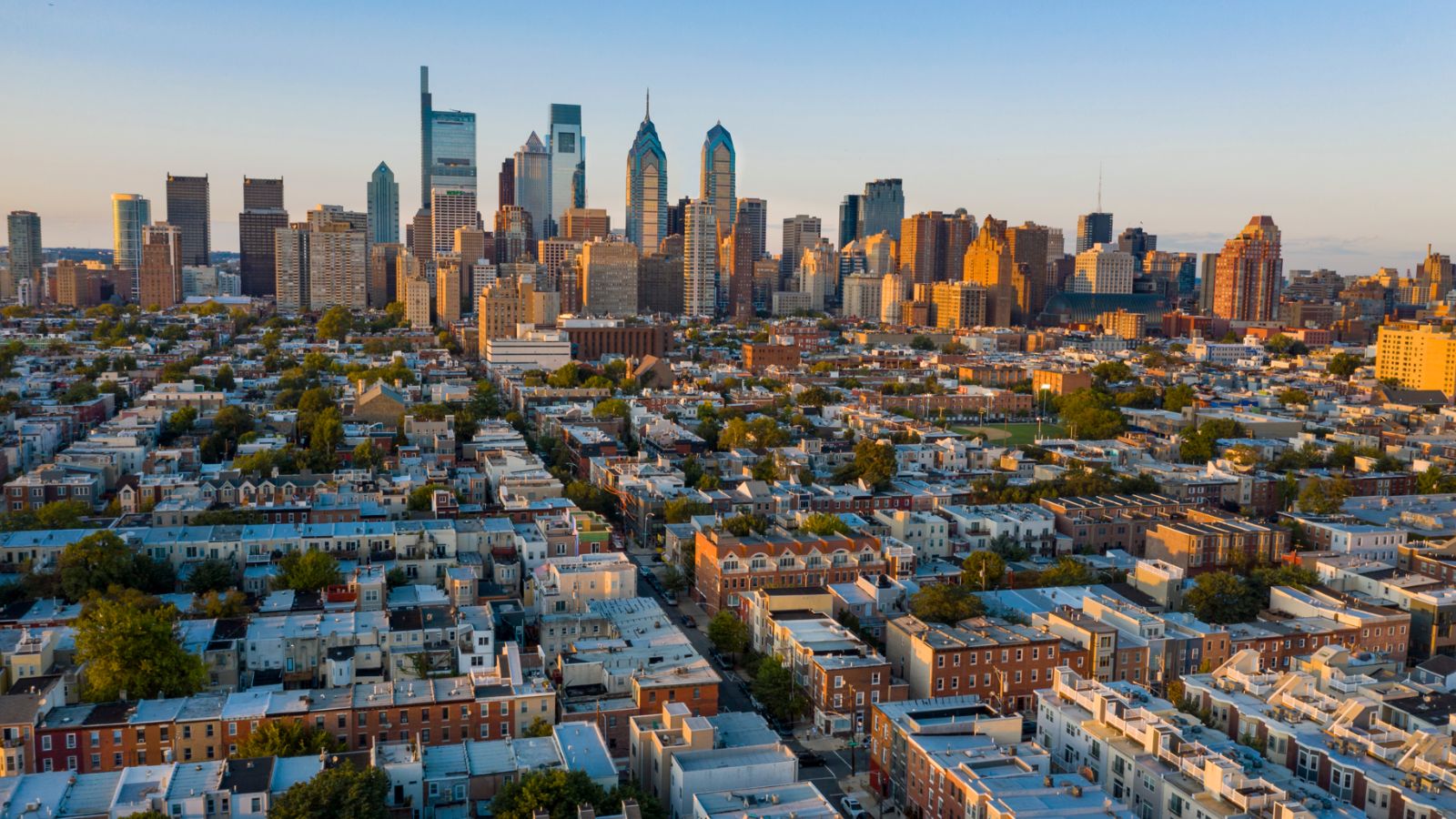
Pennsylvania’s roads present a mix of urban congestion and rural hazards that contribute to its poor driving reputation. In cities like Philadelphia, aggressive driving and frequent lane changes lead to countless fender benders and more serious accidents. Meanwhile, remote areas see a high number of collisions caused by poor road conditions and limited visibility.
